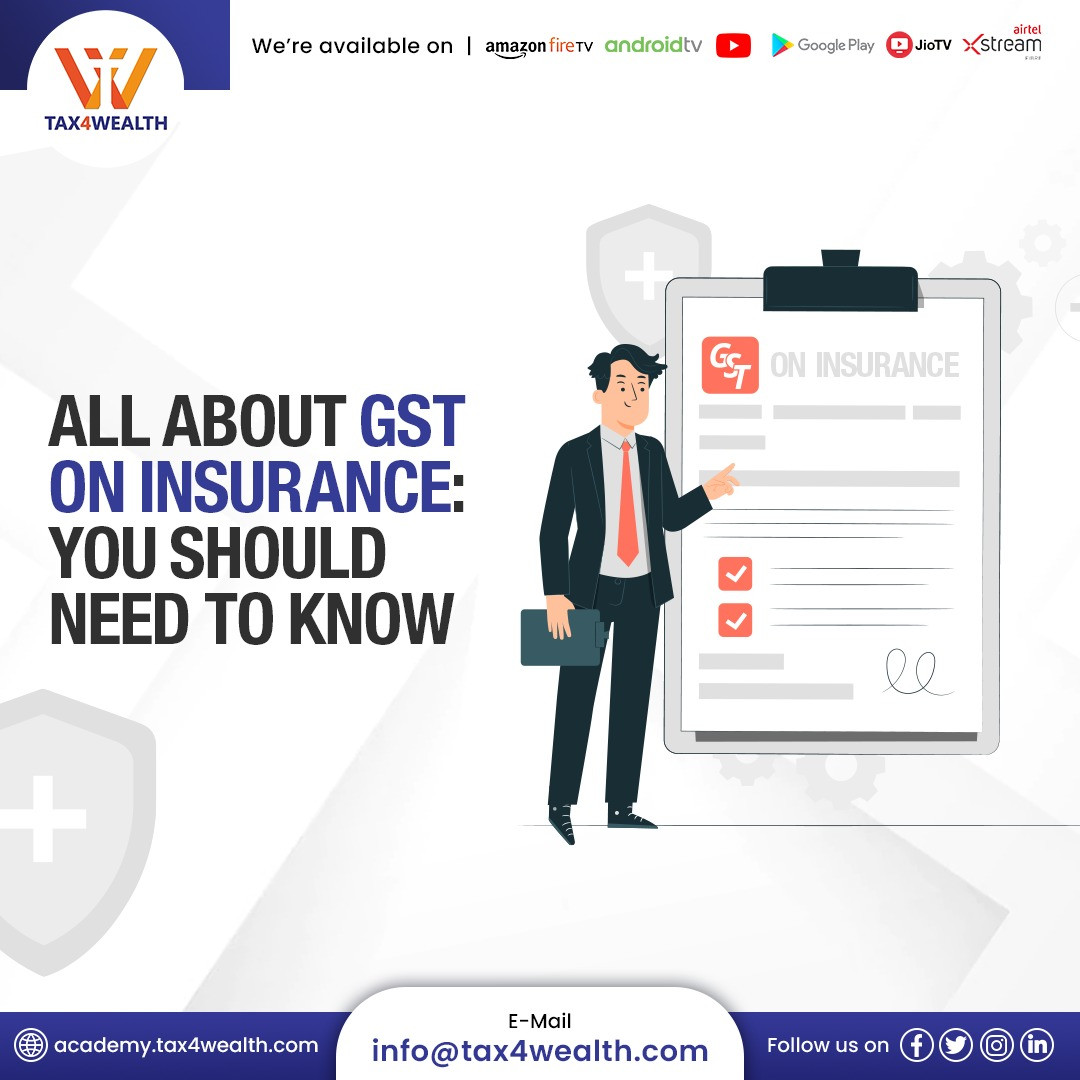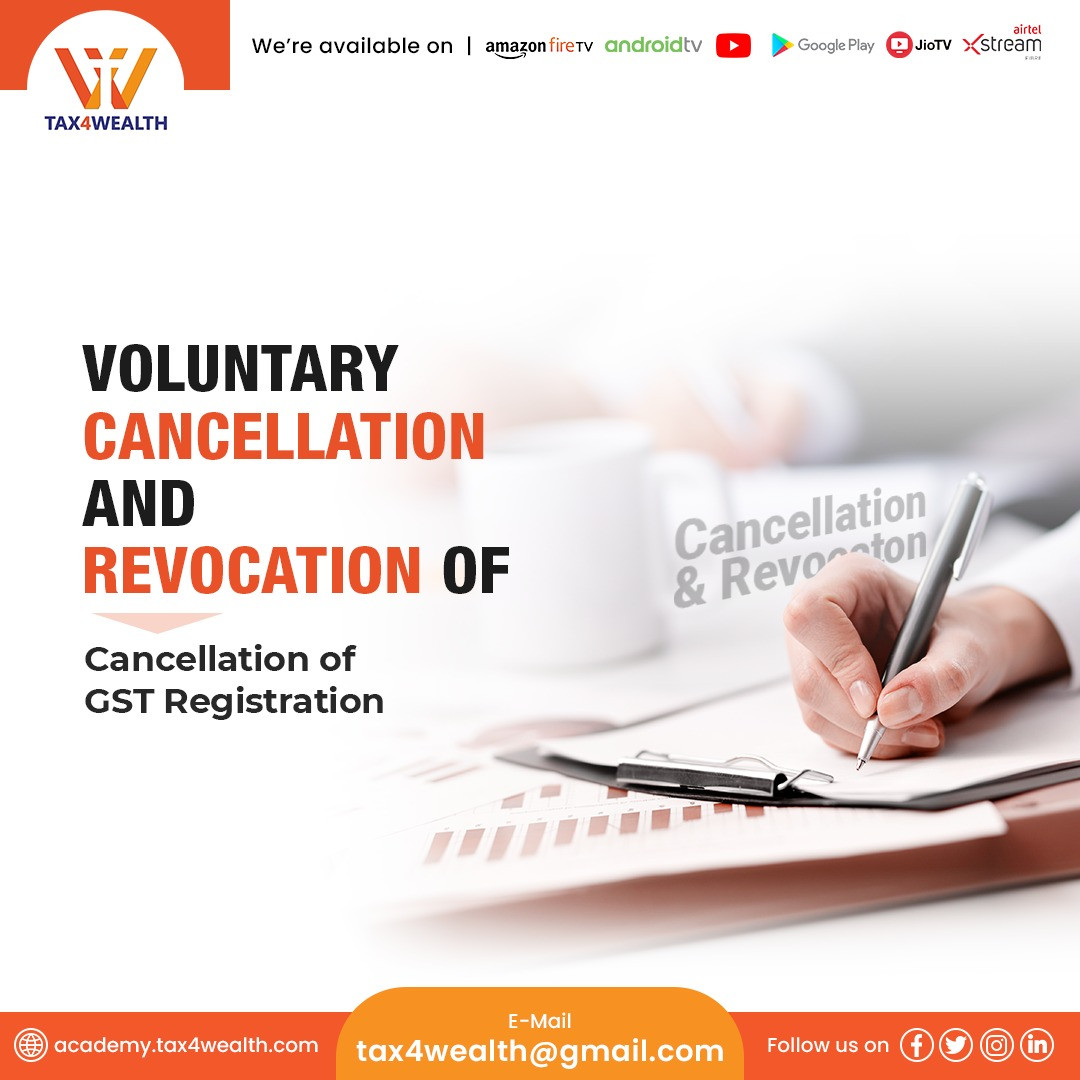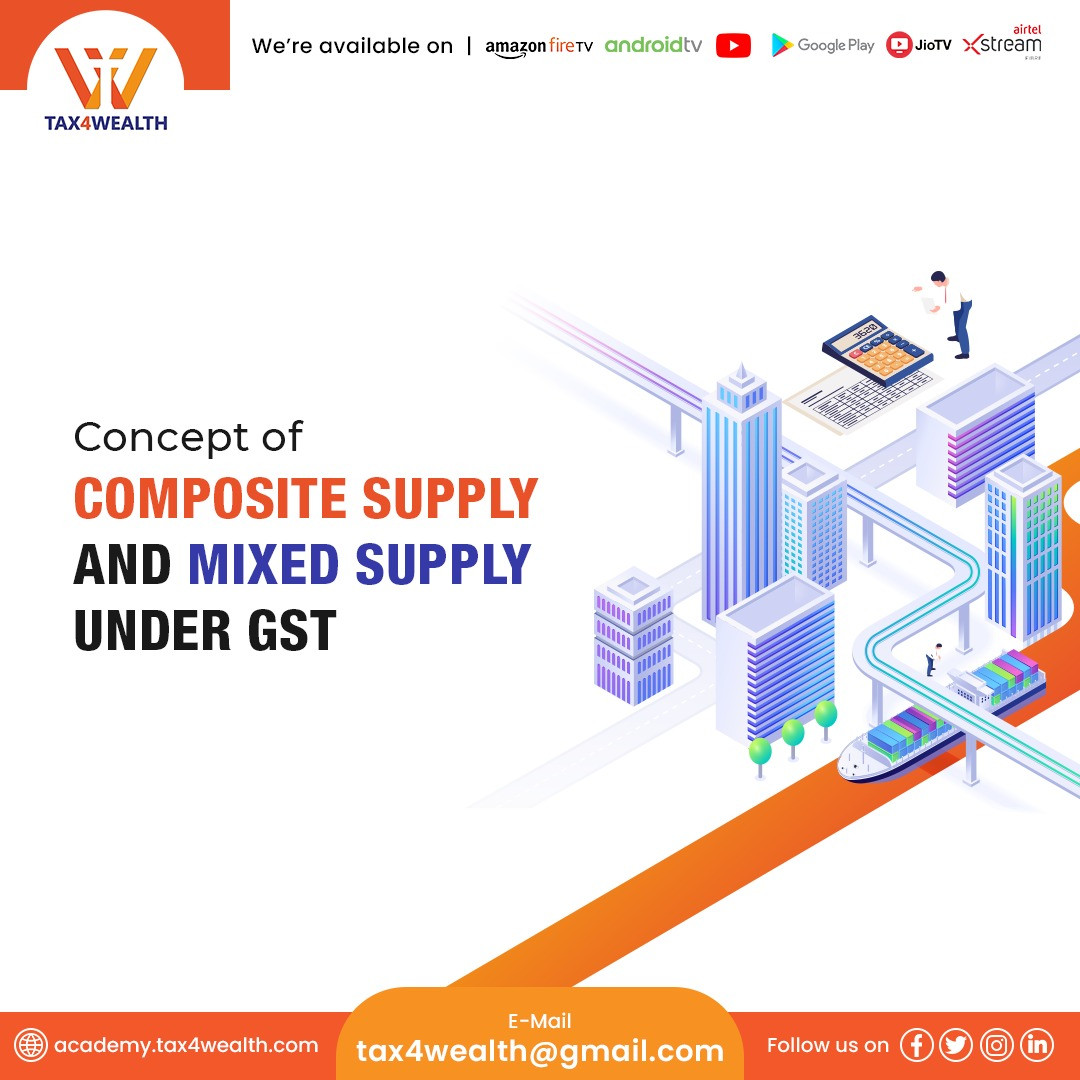
All About GST on Life Insurance: You Should Need to Know
Goods and Services Tax i.e., the GST system was brought into existence by the Government of India for revolutionary reform in the field of indirect tax management in India. After the GST system came into existence in 2017, discussion continues on its every aspect. As of now, the situation is such that every aspect of the Indian economy seems to be connected and affected by the GST system. The insurance sector of the country has also been affected by the coming into existence of the GST system. In terms of service tax due to the GST regime, where the increased premium has increased the burden on the consumers, the competition in the insurance sector has also increased. Due to this many policy changes are also being seen in the insurance sector. Certainly, while the GST system has created many challenges in the insurance sector, many positive dimensions have also been created.
What is meant by GST?
Many types of anomalies existed in the indirect tax system in India. The GST system came into existence on 1st July 2017 to implement the system of One Country, One Tax System, to bring into existence a simple, transparent indirect tax system. The tax system available before GST in India was considered to be extremely complex, wasteful, and exploitative, putting an unnecessary burden on the end consumer. However, the shortcomings of the technical infrastructure are still visible after the GST system came into existence. But signs of better reform and transparency in the indirect tax system in India are also visible under the GST system Life Insurance and GST apply to different life insurance products in different ways.
Ordinary Life Insurance:
First of all, looking at life insurance, earlier life insurance premiums were subject to service tax, which used to be levied at 15 percent. It also included taxes like Basic Service Tax, Swachh Bharat, and Krishi Kalyan Cess. After the implementation of GST, the amount of GST on life insurance premiums was standard 18 percent. The impact of a 15 percent to 18 percent increases ultimately fell on the consumer. He had to pay a higher premium. One effect of this was that the competition in the insurance industry increased further. Insurance companies cut policy expenses and tried to keep premiums low. It also standardized the service tax aspect of insurance prices, thereby prompting consumers to look at other important aspects of potential life insurance plans.
Reference to ULIP:
Even for Unit Linked Insurance Plans i.e., ULIP, GST for life insurance is also charged at 18% only. This includes GST cost for premium payment as well as fund management charges.
Endowment Plans:
Endowment plans are a type of conventional life insurance. But how GST is applied varies. For the first year's premium, GST is charged at a rate of 4.5%; for the following years, it is charged at a rate of 2.25%. For single-premium annuity life insurance contracts, GST is charged at 1.8 percent.
GST is not Applicable on these:
GST does not apply to insurance plans. Which includes:
- Jan Shree Bima Yojana
- Aam Aadmi Bima Yojana
- Life micro-insurance product as approved by the Insurance Regulatory and Development Authority, having a maximum cover of Rs 50,000.
- Varisth Nagrik Pension Beema Yojana
- Pradhan Mantri Jeewan, Jyoti Bima Yojana
- Pradhan Mantri Jan Dhan yojana
- Pradhanmantri Vaya Vandan yojana
- Any other insurance scheme of the state government may be motivated by the government of India on the recommendation of GSTC.
- The central government offers life insurance to army, navy, and air force personnel.
No GST on the No Claim Bonus as well:
After the decision of the 48th GST Council meeting, the applicability of GST on the No Claim Bonus has also been clarified. Insurance companies generally provide the facility of a No Claim Bonus to their customers in cases where no insurance claim has been made during the insurance period. The amount is offered as a prize or discount at the time of renewal of the insurance policy and is deducted from the premium to be paid.
According to the circular issued after the decision of the 48th GST Council meeting, the customer or the insured person purchases an insurance policy to indemnify himself against any loss or injury as per the terms of the policy and is not liable to claim during the insurance period. is not under any contractual obligation to No supplies are provided by the insured to the insurance company if an insurance claim is not lodged during the insurance period. According to CGST Act section 15(3)(a), the value of a supply does not include any discounts offered before or at the time of delivery, even if they are noted on the invoice. Therefore, No Claim Bonus cannot be regarded as payment for any services rendered; rather, it is viewed as an exemption and a deduction, and no GST is applied to it.
Premiums and Available Deductibles:
Even though the impact of GST on life insurance plans in India seems to increase the premium. But many types of deductions are also available which also shows the way of saving in your income tax. With these deductions, you can avail tax benefits not only on the premiums paid on your life insurance policy but also on the GST paid on those premiums. Under Section 80C and Section 80D of the Income Tax Act 1961, the benefit of saving income tax is available in India. While you can get the benefit of a rupee deduction under section 80C, section 80D gives you an additional deduction on your premium if you have opted for a medical rider with your life insurance policy.
The GST system in India is continuously achieving new achievements. Over time this system has proved its relevance. The field of life insurance is also in its purview. The insurance sector will get the benefit of simplification and transparency in the tax management system.
Related News
No comments yet, Be the first to comment.













